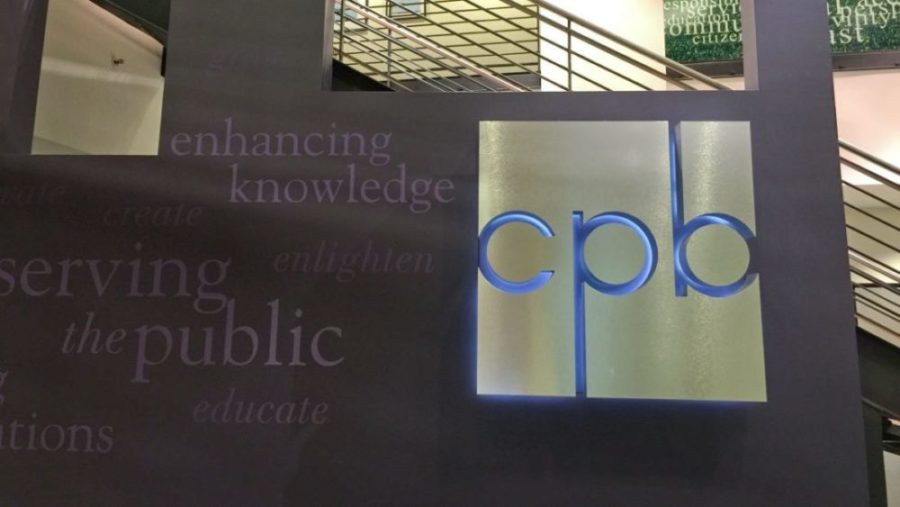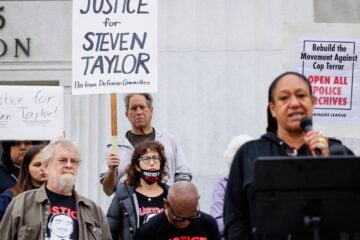Stations should vet data in preparation for universal sign-in, says CPB exec
ORLANDO, Fla. — Though a universal registration and sign-in system for public media’s digital users is still being planned, organizations can start taking steps now to ensure that their user data is clean, a CPB executive told attendees at the Public Media Business Association conference Thursday.
Beth Jacobs, CPB’s VP for digital strategies, said the Digital Infrastructure Group, a panel of networks and stations, has been working on the complex project for 18 months. “We’re kind of a little bit upstream now,” she said. “We’re pushing.”
A universal sign-in for public media’s digital services is “all about leveraging data and stitching it together in an aggregated way,” Jacobs said. If a user visits both PBS.org and a station website, she said, “we can merge that profile information to have a more unified picture of that user’s viewing habits, so we can serve them more personalized content.”
That recognition is a powerful tool for stations eager to deepen interactions with audiences, she said.
But that personalization “is only as good as the data you have,” Jacobs said. So stations should make sure the member data they have now is “as clean as it can be” to “marry” with new information they’ll glean from users after universal sign-on launches, she said.
One audience member expressed concern about privacy issues. Debra Friedberg, CFO of WEDU in Tampa, Fla., said some of her station’s board members are also donors, “and they’re getting a little uncomfortable when we say we’re going to be collecting data on donors.”
“One of the big issues that we have to tackle as a system is, how does all that data between stations, between national organizations — how does that move, how does that live, what rules govern that?” Jacobs said. “The devil’s in the details there … so those are things that have to be determined. But locally, you just need to make sure from a legal perspective that you’re adhering to privacy rules and regulations.”
“This is not mandatory from a station perspective,” Jacobs said. “This really is at free will.”
Jacobs said creating a timeline for the project is difficult. “This is a multiyear initiative that goes by phases, and no one phase is simple,” she said. “We’re working with multiple systems and multiple data sets across the entire public media system to create interoperability.”
Correction: An earlier version of this article mischaracterized some of Jacobs’ remarks. It said Jacobs said that organizations can start gathering user data now and should compile data now to add to new information that will be gleaned via universal sign-on. These paraphrases have been removed. It also misquoted her as saying “And obviously, users will opt into this voluntarily. It’s up to them, and they can choose not to.” Jacobs actually said “And obviously, users opt in voluntarily to give you that data, but there are privacy implications and you need to make sure that you are following those.” She then said later, “It’s up to them if they [users] want to log into your site and provide personal information. They can choose not to.” The misquote has been removed.







Olá, acho que eu vi você visitou meu site assim eu veio para voltar o quero ?.
Eu sou tentando encontrar coisas para melhorar meu
local ! Suponho seu okey tornar empreg alguns dos
seu conceitos !!